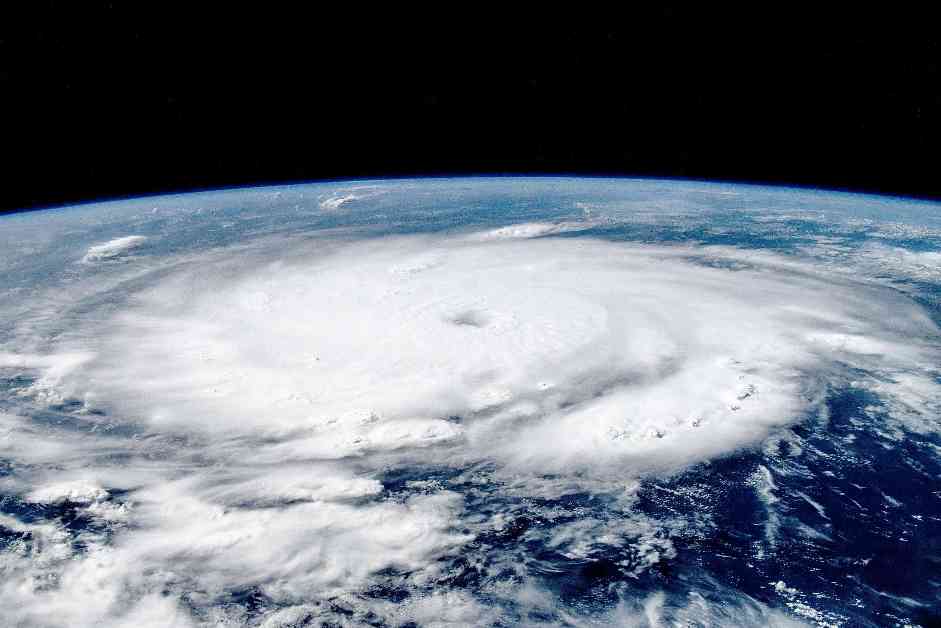Hurricane Beryl, a Category 5 storm, has caused widespread destruction from the Caribbean islands to the Gulf Coast of the US. It is one of the earliest Category 5 hurricanes in recorded history and has claimed the lives of over 20 people while causing at least $5 billion in damages. The storm began as a tropical wave off the coast of West Africa and rapidly intensified into a hurricane due to favorable conditions, including warmer sea surface temperatures.
Scientists have suggested that Beryl’s extreme intensity and rapid development were likely influenced by climate change. Warmer waters can provide more energy and moisture to hurricane systems, leading to stronger winds and heavier rainfall. As global temperatures continue to rise, extreme weather events like hurricanes are becoming more frequent and severe.
In addition to hurricanes, climate change is also contributing to other extreme weather phenomena such as heatwaves, heavy rainfall, and wildfires. The accumulation of greenhouse gases in the atmosphere from human activities is trapping more heat, disrupting weather patterns, and increasing the likelihood of extreme events. The changing climate is making extreme events more likely and communities around the world are already feeling the impacts.
As we continue to experience the effects of climate change, it is crucial for countries to work together to reduce greenhouse gas emissions and implement sustainable development policies. Investing in local mitigation and resilience efforts is important, but long-term solutions to reducing emissions are necessary to prevent events like Hurricane Beryl from becoming even more severe in the future. International aid and disaster relief efforts are also essential in supporting regions affected by powerful hurricanes.
The lessons learned from Hurricane Beryl highlight the urgent need for action on climate change. The impacts of extreme weather events are clear, and it is up to us to take steps to mitigate the effects of climate change and build a more sustainable future for generations to come.






